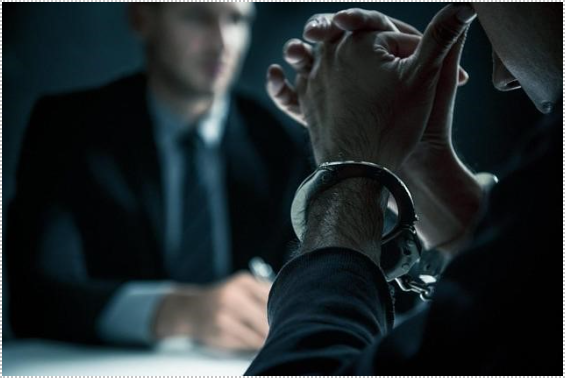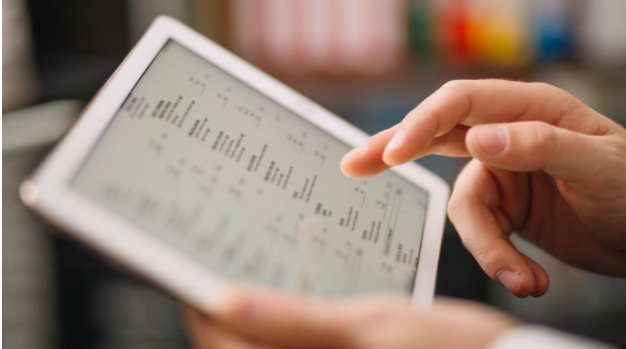Polygraph examiners play the most critical role in lie detector tests – administering a series of questions to an examinee with a view to detecting deception. Each polygraph exam is designed to measure physiological responses associated with deception, including blood pressure, respiration, and skin conductivity.
Before scheduling a lie detector test, a polygraph examiner must subject the would-be examinee to preliminary interviews. This is necessary to establish a rapport with the individual and uncover specific psychological baselines that, if not earlier detected, might alter the test accuracy.
Pre-test interviews would then be followed by an actual polygraph exam called the in-test. Thereafter, the polygrapher conducts post-test interviews, during which they may require the defendant to explain some of their in-test responses before preparing a comprehensive report.
Types of Polygraph Test Results
To understand how polygraph examiners interpret lie detector results, it’s best to first familiarize yourself with the different types of polygraph test questions, which include:
1. Relevant Questions
Relevant questions directly address the subject matter.
If you’re a subject in a murder investigation, a polygrapher may pose a blunt question like “Did you shoot Mary Belle?” or “Did you stab Mary Belle?”
2. Irrelevant Questions
These questions are designed to provoke no physiological response.
Instead, they allow the examinee to relax for the next round of queries. An example is “Is your name Tom.”
3. Control Questions
Widely regarded as the most important round of polygraph questions, control questions are aimed at provoking greater physiological reactions than relevant questions. A question like ‘Have you ever murdered anyone?” may be posed during a murder trial.
Now, polygraph exams can produce three distinct test results – Deceptive, Non-deceptive, and Inconclusive.
Deceptive results point to deception. The findings are typically deduced if the pattern of physiological responses is greater for relevant than control questions.
Meanwhile, non-deceptive results indicate truthfulness. They are inferred if the pattern of responses is greater for control than relevant questions.
The lie detector test is deemed inconclusive when a polygrapher cannot deduce a significant difference in responses to appropriate and control questions.

Significance of Training and Qualifications
The accuracy of lie detector tests is largely dependent on an examiner’s qualifications and experience.
First, insist on a polygrapher who has completed their training at a school accredited by the American Polygraph Association (APA).
The examiner must also have interned at a reputable organization. This is necessary to acquire practical experience.
If a polygrapher intends to practice in a jurisdiction where lie detector tests are legally admissible, the individual must be licensed by relevant bodies.
You should also consider polygraph examiners who prioritize ongoing education. Pursuing further studies, whether through academic programs or industry workshops, can provide a polygrapher with key insights into emerging technological and regulatory trends.
Membership in professional networks, such as the Global Polygraph Network (GPN), is an added advantage.
Case Studies and Examples
Lie detector tests have impacted several judicial processes over the years.
A noteworthy mention is the Jeffrey MacDonald Case of 1970, in which MacDonald was accused of murdering his wife and two daughters. The defendant failed a lie detector test, whose results played a critical role in his conviction.
Another classic use of polygraphs in criminal trials was in the Weleetka Murders of 2008.
While investigating the murder of Ashley Taylor, Oklahoma police polygraphed Taylor’s fiancé Kevin Sweat.
Not only did Sweat fail the lie detector test, but his responses broke the case wide open by clueing detectives in on the location of the deceased’s body and murder weapon. Conviction was the only logical outcome.
While polygraph test results have solved some of the most heinous crimes in history, there are genuine ethical concerns surrounding their reliability.
Reports abound where examinees are coerced into taking lie detector tests. Besides, the questions asked during the evaluations may violate a defendant’s right to privacy.
Examiner bias and incompetence, as well as the use of countermeasures by the examinee, may also alter polygraph results.

Professional Standards and Best Practices
To conduct fair and accurate polygraph tests, both parties must give their full consent.
Besides, a polygrapher must engage the would-be examinee in pre-test interviews. These prior engagements are designed to build a rapport with the examinee and inform them of the impending test.
Polygraphers must also conduct lie detector tests that are devoid of personal biases and subjectivity. More importantly, the evaluations must follow standard procedures.
And when interpreting polygraph tests, a polygrapher must safeguard the defendant’s privacy by sharing the results only with concerned parties.

Navigating the Complexities of Polygraph Result Interpretation
While polygraphs are effective at detecting deception, the accuracy of the test results depends on their competent interpretation.
Polygraphers must make objective deductions based on the physiological data collected during the evaluations and not let personal biases cloud their judgment.
Above all, lie detector tests must strictly be administered by duly trained and accredited polygraphers.






